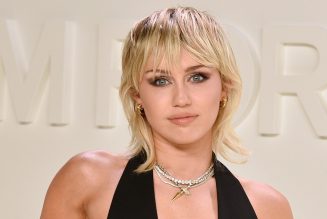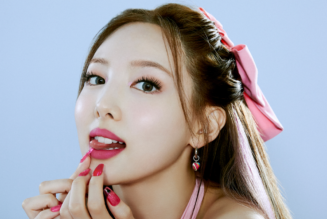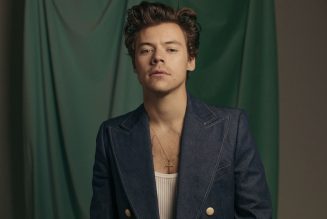
There were times I wondered, “Is this a little too crazy?” I was trying to see what I could get away with. And they were more than able to do it and to add their own thing to it. I’d say to them, “If you want to try this any way you want to do it, go ahead! I’m curious to see what shape it can take.” They’re incredibly intuitive, so in sync with each other. It was very motivating.
I was reading recently about Gershwin and his hangup about not necessarily being the most advanced in terms of music theory and education, which is something I definitely relate to. I’m not at conservatory level. The fact that this nomination is within the compositional, classical world — it takes on a different connotation in my mind. It feels like doors opening, whether that’s for me personally or for other people who may see it. Whatever kind of viewpoint you may have in regard to awards, the idea of a Black composer even breaking through is something. I think about being younger and the things I’d see that would inspire me and make me feel not so alone. From that angle, it does feel nice to put a foot in and hopefully make classical music more accessible for people of color, people of varying genders or [who are] gender nonconforming, people of lower income. I didn’t own a cello until I was in my late 20s — when I was learning cello growing up, I’d save up to rent one that I’d have to give back at the end of the school year. So this [nomination] really speaks to the heart of a lot of things I care about.
I hadn’t really gone inside that music since I wrote it, so since the nomination, I did a deep listen, and it’s a pretty weird album! “Classical music,” it’s a funny term. When I use it, I’m just thinking about music that’s composed. It can be stretched in so many different ways, and that’s always exciting to me — music that’s stretched beyond the limits of what it’s known for.
This article originally appeared in the March 13, 2021, issue of Billboard.










